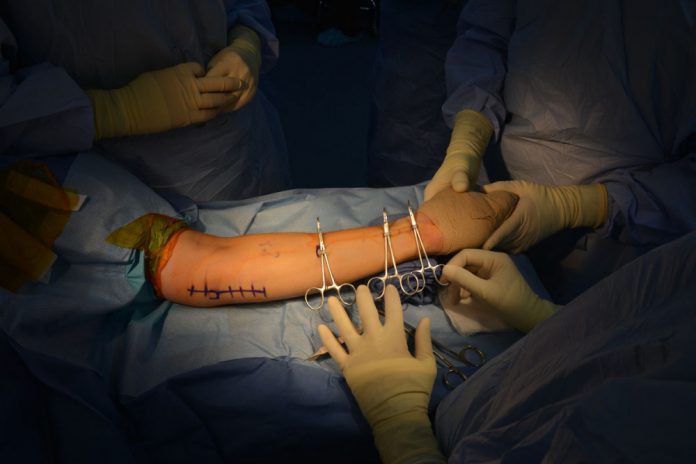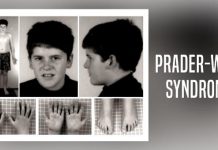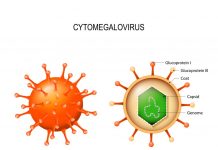Repetitive stress from throwing overhand such as pitching or throwing a baseball causes tears and strains to the ULC necessitating surgery to replace the ligament. It is the most common pitching arm injury. In 1974, Tommy John was pitching for the Los Angeles Dodgers when he tore his UCL and asked Dr. Frank Jobe to figure out how to fix it so he could continue to pitch.
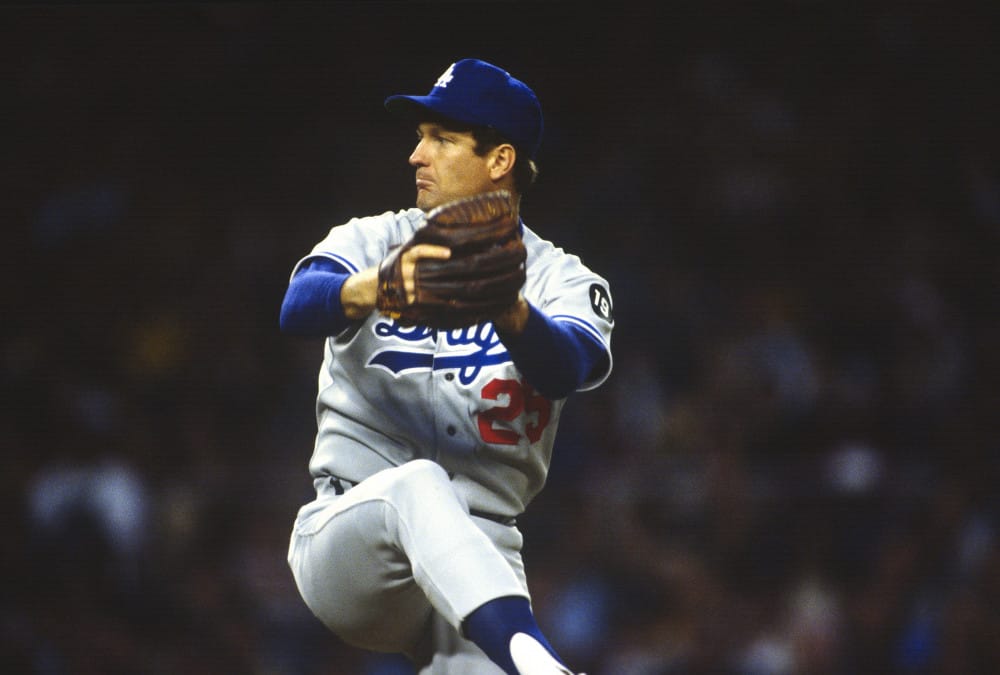
The humerus bone in the upper arm connects to the two bones in the forearm (the ulna and the radius) with a variety of connective tissues. The most important connective tissue are the ligaments which connect bone to bone and join together to form a joint capsule. This capsule contains a watertight sac filled with synovial fluid which lubricates the joint.
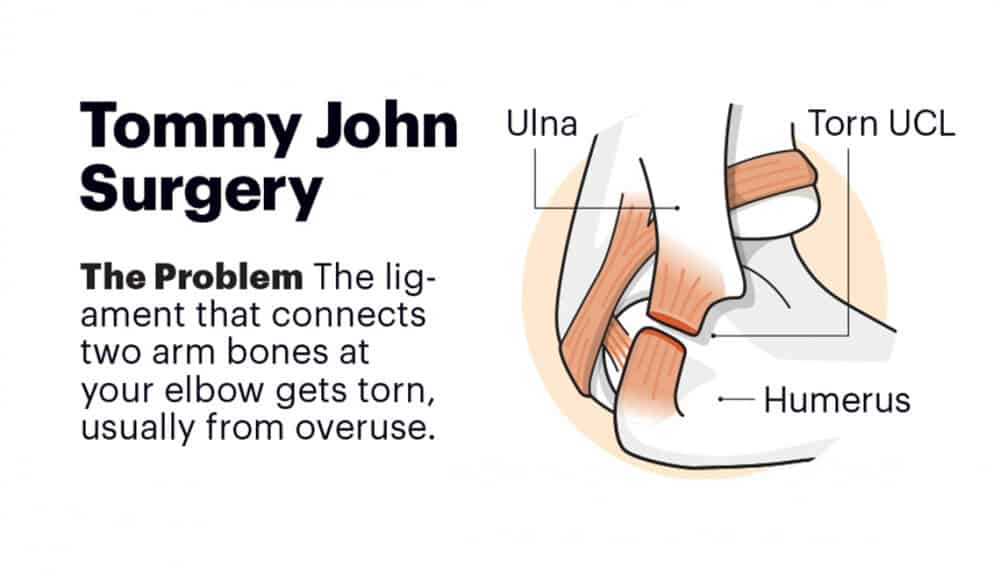
UCL is One of Two Important Ligaments in the Elbow
The two most important ligaments in the elbow joint are the UCL (also known as the medial collateral ligament) and the lateral collateral ligament. The UCL is on the medial side closest to the body and the lateral ligament is on the outside of the elbow. These two ligaments stabilize the elbow. If they are damaged or torn through injury or dislocation of the elbow, the joint becomes loose or unstable. Overuse and repetitive stress can cause injury to these ligaments.
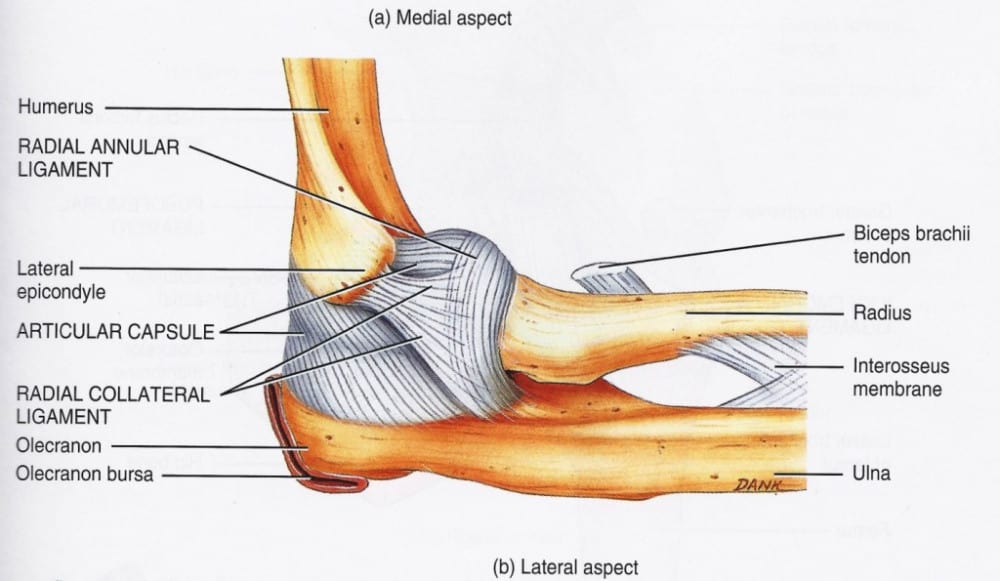
UCL replacement surgery has been refined since 1974. Today the surrounding muscles are not as involved, but the basics remain. The ULC is replaced by a tendon harvested from the inner wrist area. This tendon is not necessary to function and works well to duplicate the anatomical function of the UCL. There are several approaches to looping the tendon through holes drilled into the bones and the original tunnels housing the UCL.
Funny Bone Nerve
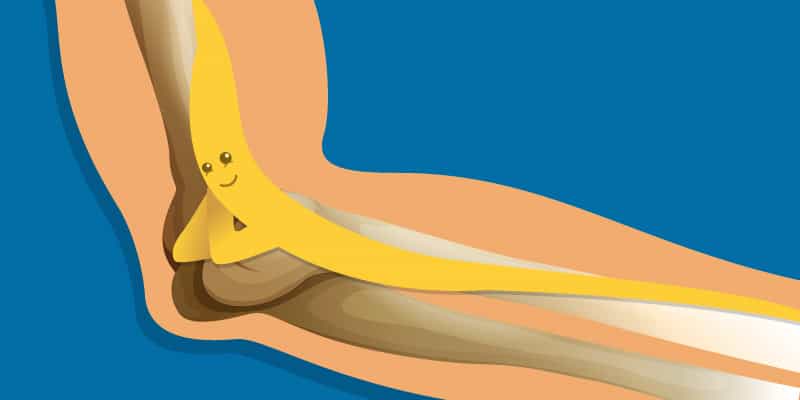
The ulnar nerve is usually moved out of the way during the procedure to minimize irritation. In some instances it may need to be buried into the muscle to diminish irritation depending on the amount of pain, irritation or lack of feeling the patient has prior to surgery. This nerve is also known as the funny bone nerve and UCL injury irritates the ulnar nerve causing pain and even numbness from the elbow to the fingers.
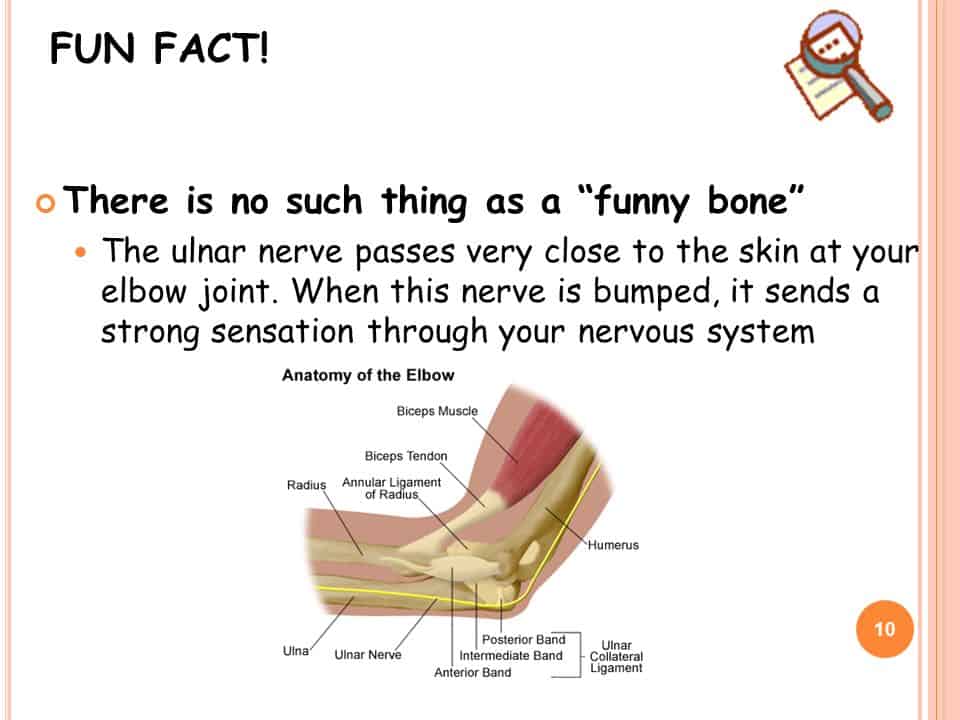
The surgery is often performed as an outpatient procedure and the initial recovery is an easy process as the elbow is immobilized for up to 10 days. Oral pain medication for a few days is common place. Gentle movement of the wrist, shoulder and hand are allowed immediately after surgery as tolerated.
Rehab Process Begins
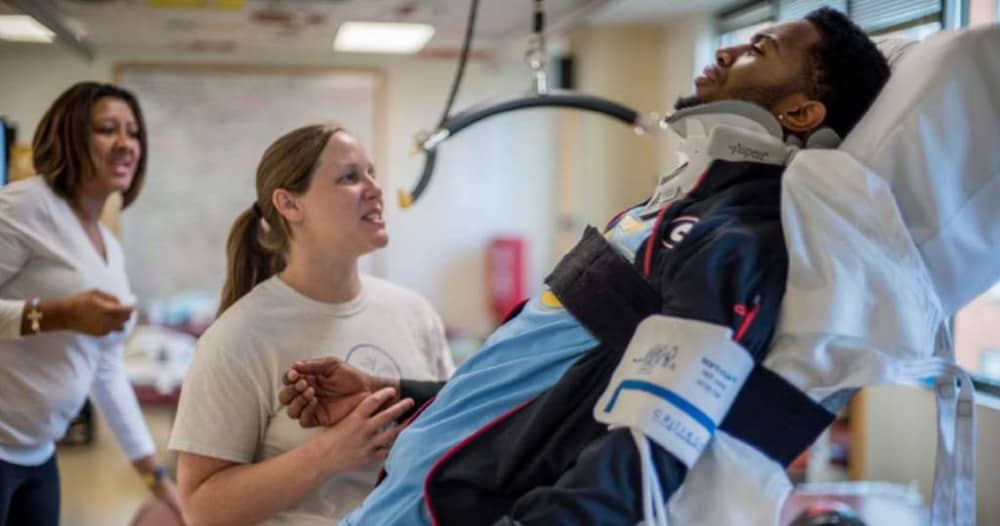
Range of motion exercises begin when the elbow immobilizer is removed and should be done daily as prescribed by the physical therapist. Gradually over the next 12 to 18 months an intense rehabilitation program designed specifically to the individual athlete will ensue including flexibility, strengthening, conditioning and coordination training.

Plyometric exercises, icing and nutrition are important components of the rehab program. With dedication and compliance, 85-90% will have a successful recovery. In fact many pitchers have reported an increase in velocity and control within a year of returning to the mound.


